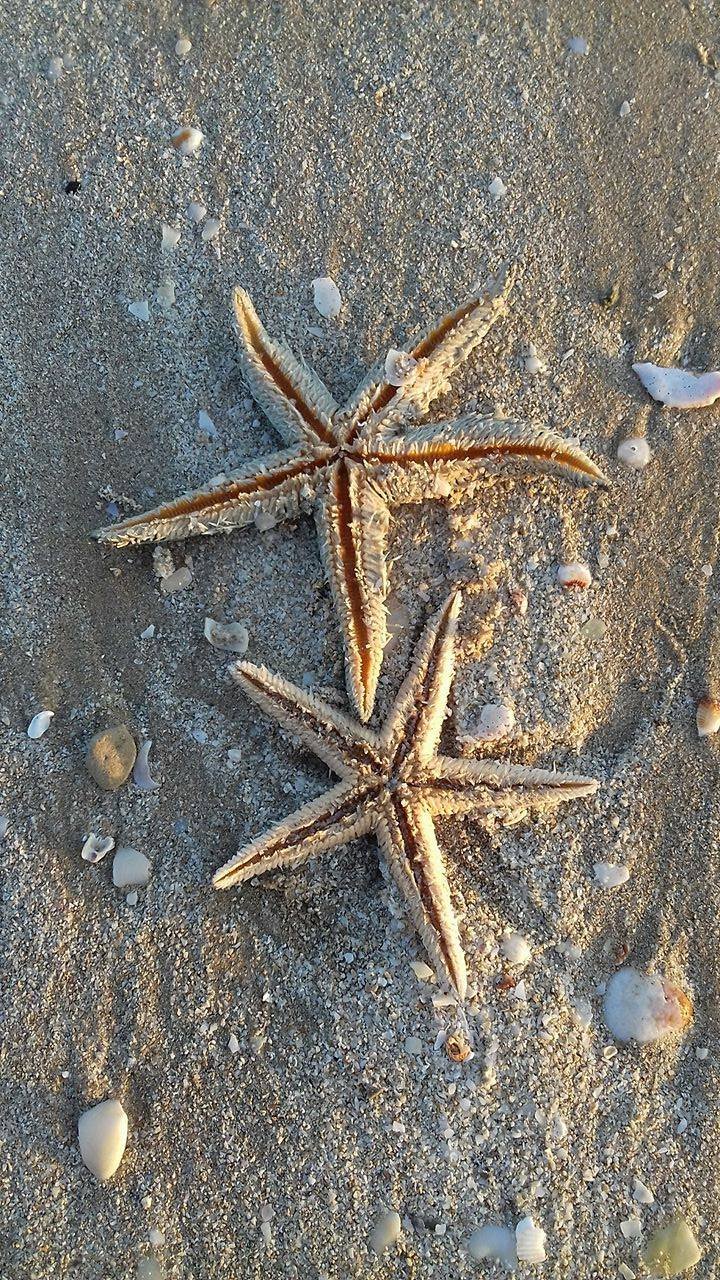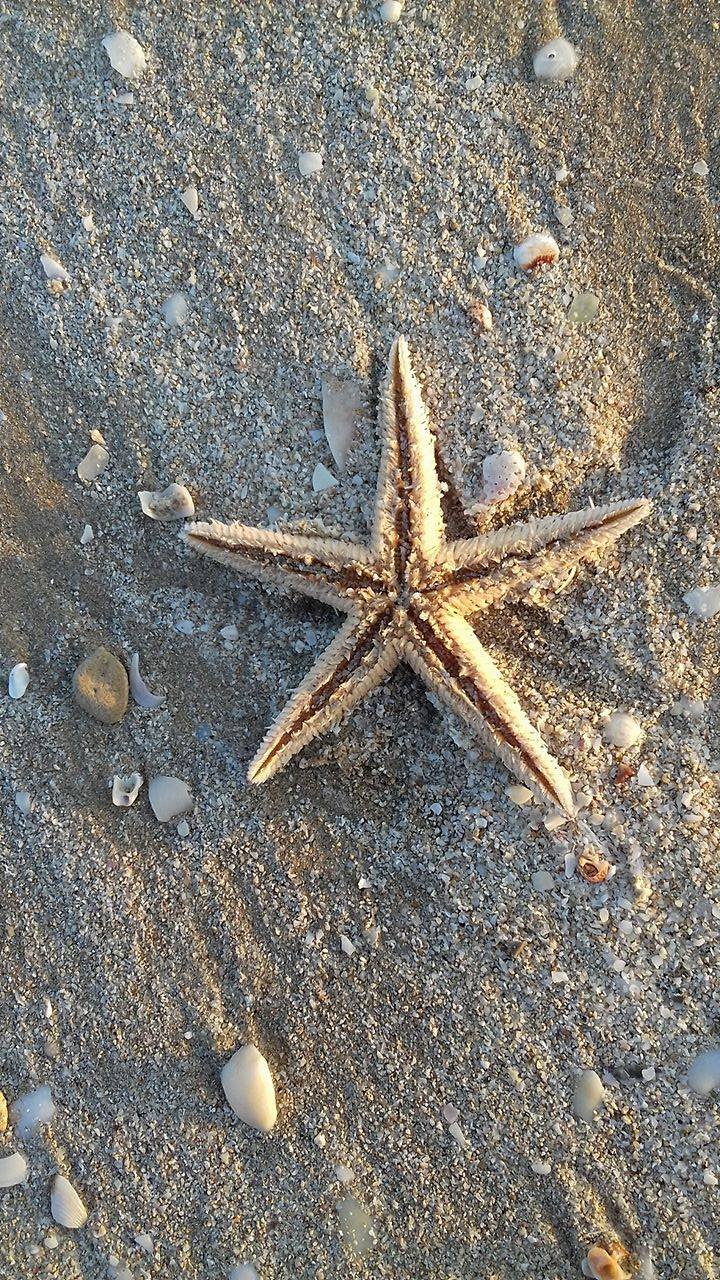
This starfish photo is from dubai captured by my sister in law when she was at the beach of dubai. Starfish aren't fish at all but belong to the echinoderm family of hard, spiny creatures. That's why scientists call them sea stars. Most sea stars have five arms. Although some have as many as 50 and a few have only three. The sea star's arms are hollow but contain many tiny tube feet that are visible within the hollow groove down the center of each arm. These feet help them from place to place by acting like suction cups. The feet in one arm grab on while feet on another arm release, creating movement. A sea star moves slowly, though about a foot per minute or maybe double that speed if it's trying to get to it's prey, when a sea star finds a place it wants to stay, water enters the tube feet and spreads them out as they reach a hard surface, they contact, creating a suction cup. The sea star sends out a glue like substance to keep it attached. When it's to move on, it secretes another substance to dissolve the glue. sea stars don't have noses to smell their food but the tube feet in the arms have sensors that alert the sea star to nearby prey. The sea star can extend it's tube feet down into crevices to extract its meal which consists mostly of clams, oysters, sponnges, plankton and slow moving fish. It uses its arms to pry open the shell, then sends out its stomach to eat the food. When a sea star loses an arm it can grow it back through generation. this is important because the arms can easily get caught in cracks, snagged on rocks, crushed by debris or bitten off by the predators.

If a starfish loses an arm it can take as long as a year to regrow and arm, though. An arm that is cut off can also grow into a whole new sea star which is one of the ways new sea stars are born. To do this, severed arm must contain part of the sea star's ring. Sea stars don't have eyes but they can detect light through eyespots at the tips of their arms. This is important to the sea star's survival. When the sea star sees light and then the light is blocked, that signals the presence of a predeator, or if a sea star washes up on shore it can use the eyespots to find shade which will keep it from drying out until the tide washes it back into the water.
follow upvote resteem @vaness
Hi! I am a robot. I just upvoted you! I found similar content that readers might be interested in:
https://pets.thenest.com/function-purpose-starfishs-arm-11927.html